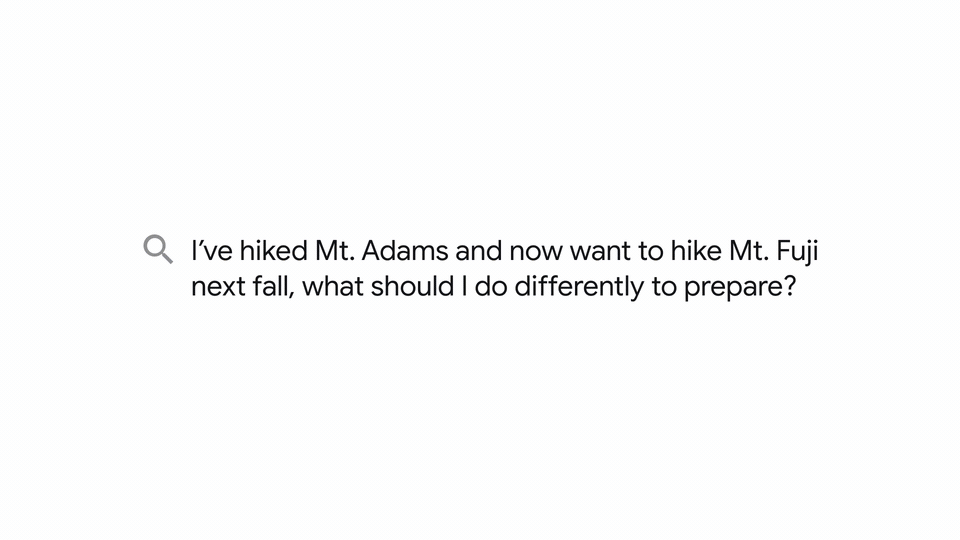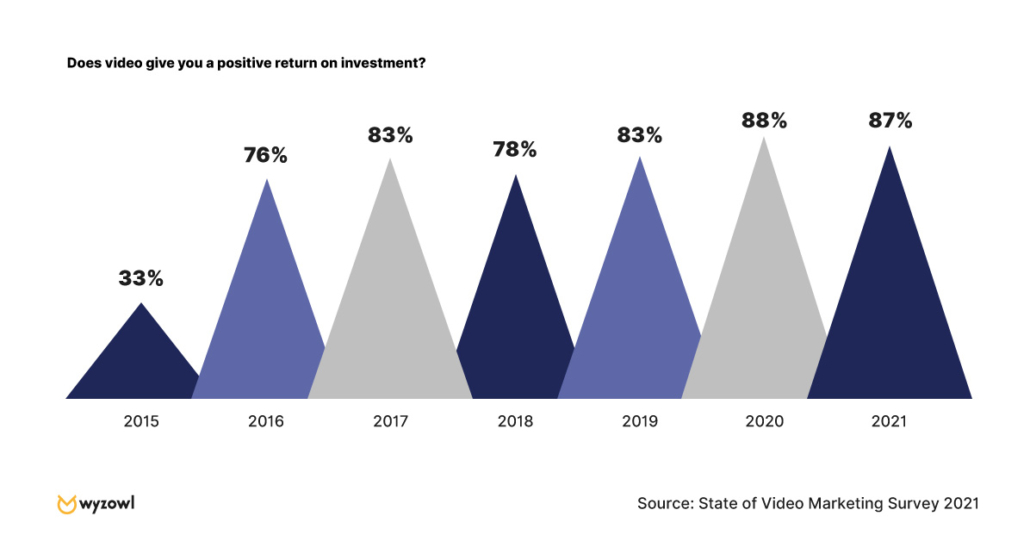Voice Search
Voice search has arrived and is here to stay! Statista reports that the number of digital voice assistants (ie. Siri or Alexa) will increase to 8.4 billion units by 2024. This is a huge increase in comparison to 3.25 million units in 2019. Business owners that invest in voice search optimization early will benefit the rewards and dominate the voice search ranking before their competition can catch up!
Google is taking huge steps to keep up with the new trend of Voice Searches. Google released information about their new artificial intelligence (AI) technology called Multitask Unified Model, also known as MUM. MUM has the potential to transform how search engines (Google) help consumers with complex tasks. Google report’s MUM is 1,000 times more powerful than Bidirectional Encoder Representations from Transformers (BERT) which is the technology Google is currently using. MUM has the capability to understand and generate results across 75 different languages at once, it understands information through; text, video and audio making your search results more in depth than ever! Below illustrates an example of what the new MUM technology can do to a search query about how to prepare for a hike of MT. Fuji in comparison to MT. Adams.
To prepare for this new era of voice searching, here are a few tips to optimize your SEO strategy.
- Add a FAQ Section to your website. This offers an easy option that includes your question keywords and includes answers that can be read to the voice searcher easily!
- Write how you speak and add filler words to optimize your keywords into a smoother and more natural sentence or question. Instead of “Mt. Fuji climb supplies” you could add, “What supplies do I need for climbing Mt. Fuji?”
- Don’t forget to add answers to your questions!
Optimize your Featured Snippets for Voice Search. Featured snippets are easy to scan and provide a trusted answer without leaving the SERP. This means that if Google can find the answer through your Featured snippets you have a higher chance of gaining that search traffic!
User Experience
SEO is a dynamic field and we understand the importance of future-proofing your website. Most people don’t think about SEO in terms of how their content will age, but it’s one key ingredient to ensuring long term success for both your company or business owner as well as consumers looking up information on these sites over time.
We often talk with clients about scalability – does this strategy feel like it’s big enough now? And flexibility: what happens if something changes (e.g., regulation)? User experience metrics such page speed can also make or break an agency’s ability at work; conversion rate optimization might seem daunting initially but downfalls typically come from neglecting important best practices!
Accessibility
Accessibility has become increasingly important over the past few years and it does not seem to be slowing down!
Metadata has become standard within organic search listings and are significant factors for your search engine rankings and CTR. Another huge factor of optimizing your metadata includes accessibility for those using assistive technology such as screen readers.
Alternative text (alt text) is an HTML attribute that’s used to describe images. It can be very helpful for those with visual impairments, who rely on screen readers and are able to find information through pictures instead of words alone. The importance increases as Google begins crawling websites differently through their new technology, MUM. As talked about above, MUM will have the capability to crawl more than just the text on your website, it can also search through images and video making alt text optimization more important than ever!
Writing link anchor text is a no-brainer. It provides assistive technology with a clear indication of the target URL topic. Using keyword rich text can also help search engines understand your page’s content better. For example, using “Learn more about how to create a facebook account” as opposed to, “Learn More”. This will be much more helpful, especially for those who need assistance through screen readers.
Page Load Speed
Page speed is a direct ranking factor when it comes to Google or any search engine’s algorithm but in Google’s latest algorithm update, they have made page load speeds more important than ever in the ranking process!
If you are not sure about your current page speed, Google offers a helpful Page speed insights tool. Additionally, to learn a few simple tips to increase your page load speed check out moz’s blog post about Page Speed.
Page Experience
Google’s recent algorithm update also addressed some of the most important factors in ranking your website. These include: site usability and navigation, how dynamic content is (using AMP format), placement of buttons on pages – all with an eye towards making sure you’re not sacrificing quality for speed!
Creating a simple and easy-to-navigate website, while being mindful of all the information necessary is your best option to rank highly on SERP.








